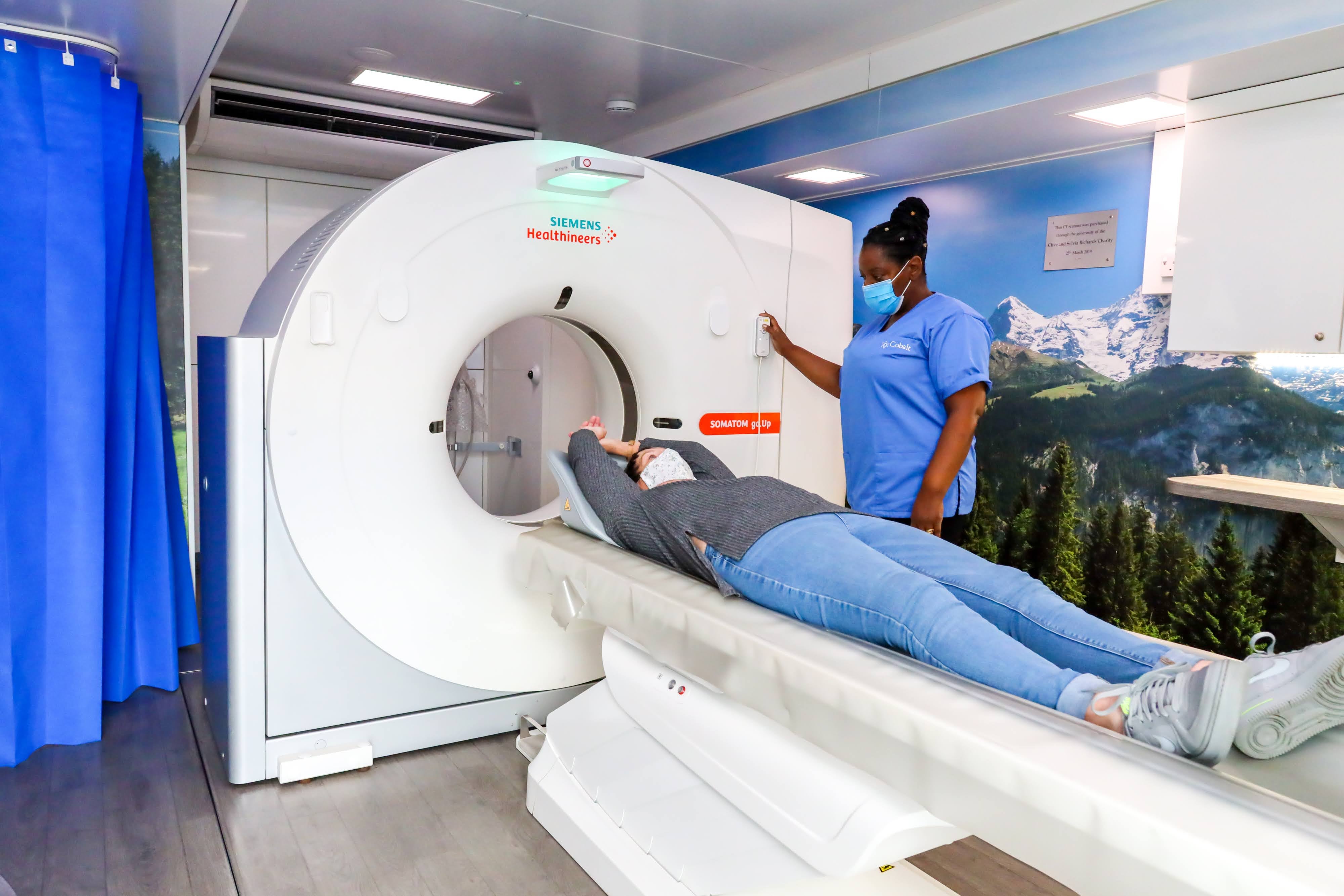This website uses cookies so that we can provide you with the best user experience possible. Cookie information is stored in your browser and performs functions such as recognising you when you return to our website and helping our team to understand which sections of the website you find most interesting and useful.
New research has identified a pathway that may prevent fatty liver disease, often caused by diets high in fat and sugar, from progressing to liver cancer.
Experts have noted an increase in cases of liver cancer arising from fatty liver disease.
Currently, there are no effective treatments to halt the progression of fatty liver disease to liver cancer, largely due to a lack of understanding of the mechanisms involved.
Researchers from Glasgow Caledonian University, the Cancer Research UK Scotland Institute, and The Francis Crick Institute previously identified the tumour suppressor gene p53 as crucial for protecting the liver against toxins.
They have now discovered that p53 also shields the liver from the harmful effects of high-fat, high-sugar diets through a gene called TIGAR. TIGAR acts as an antioxidant and detoxifies lipids in a fatty liver.
Experts said the breakthrough suggests antioxidant therapy could be developed to mimic the protective response of p53 and TIGAR, which would prevent the development of some of the key features of fatty liver disease.

Dr Timothy Humpton, who leads the “Liver p53 lab” at Glasgow Caledonian University, worked on the research paper with his PhD student Celine Wittke, who is co-first author with Dr Eric Cheung, from The Francis Crick Institute.
Dr Humpton said: “This research has established a key role for p53 and TIGAR in protecting against the progression from liver disease to liver cancer. Targeting this through the use of antioxidants is of great interest for future therapies aiming to prevent liver cancer.
“Many people still don’t realise that a bad diet full of fat and sugar, and the lack of exercise, can actually cause fatty liver disease which can progress to liver cancer, so it’s not just people who drink alcohol that are susceptible.”
“Fatty liver disease is hard to diagnose because it’s asymptomatic for the most part.
“That’s why liver cancer prognosis is so poor in these patients. It’s frequently not flagged until it’s advanced cancer.
“We are hoping that an antioxidant therapy can be developed through the results of our p53 and TIGAR research to help reverse some of the damage done to the liver by the Western diet high in fat and sugar.”
The research is published in JHep Reports, a leading journal in the field of Gastroenterology and Hepatology.



 Africana55 Radio
Africana55 Radio 
